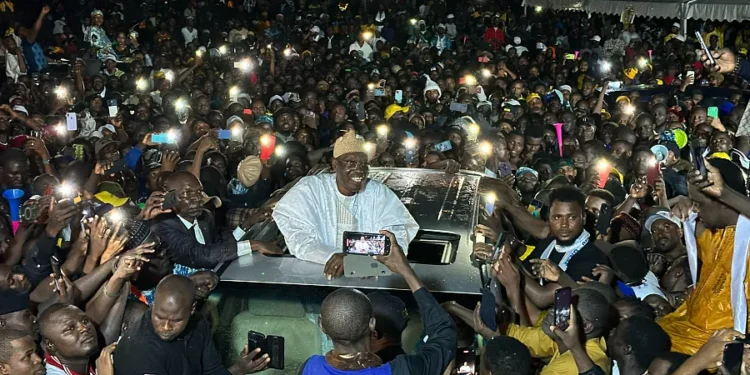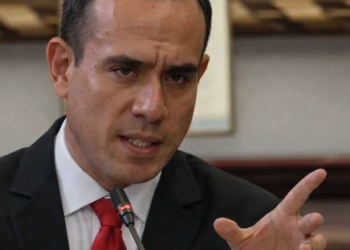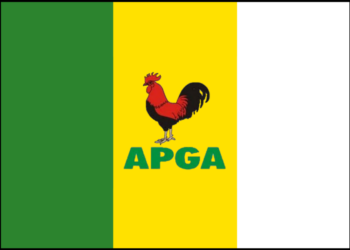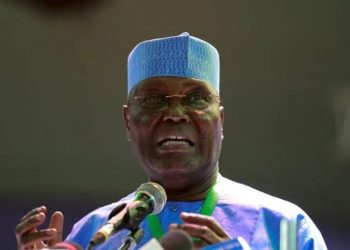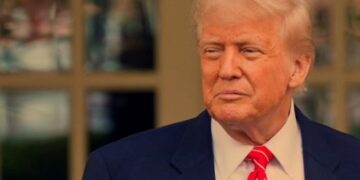Cameroon’s government has launched a legal offensive against opposition leader Issa Tchiroma Bakary, announcing it will prosecute him for inciting “violent post-election demonstrations” in a move that threatens to ignite the political crisis unfolding since President Paul Biya’s contested re-election.
The decision, announced by Interior Minister Paul Atanga Nji, marks a sharp escalation from the 92-year-old Biya’s regime, targeting the man who insists he, not the world’s oldest head of state, is the true winner of the October 12 poll. The move transforms a political dispute into a judicial battle, with the government accusing Tchiroma Bakary and his “accomplices” of being responsible for an “insurrectionary plan.”
The government’s charges follow deadly clashes between security forces and protesters that have left at least four civilians dead and several security personnel seriously injured. While the interior minister claimed the situation is “under control,” the reality on the ground tells a different story, with protesters erecting roadblocks and burning tires in cities like Douala and Garoua as recently as Tuesday.

Tchiroma Bakary, who has previously stated he is unafraid of arrest and “will not accept a stolen vote,” now faces the full weight of the state. His claim of victory has been dismissed by the ruling party, but it has resonated with a populace whose protests have drawn international condemnation of the government’s “excessive use of force” from bodies like the UN and the EU.
Why It Matters
The decision to prosecute Issa Tchiroma Bakary is not about upholding law and order; it is a calculated strategy to criminalize dissent and decapitate the opposition. By labelling his campaign an “insurrectionary plan,” the Biya regime is attempting to frame a political challenge as a treasonous act, justifying a harsh crackdown.
This legal action reveals a regime deeply threatened, not by foreign powers, but by its own people. Instead of addressing the credible allegations of electoral injustice, it is choosing to silence the accuser. This path does not lead to stability; it leads to deeper unrest. By turning the courts into a weapon against its main rival, the government is ensuring that Cameroon’s political crisis will not be resolved in the parliament or at the ballot box, but in the streets.

